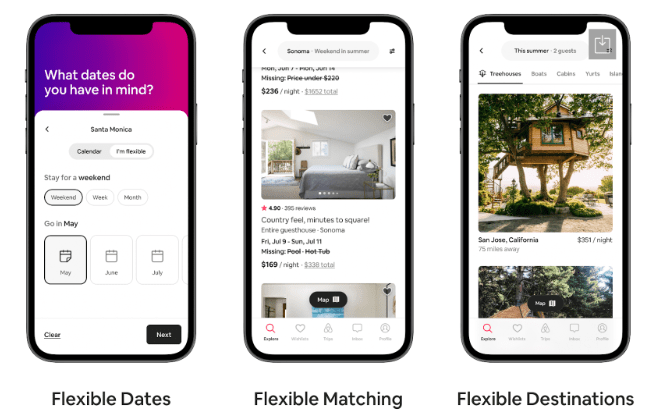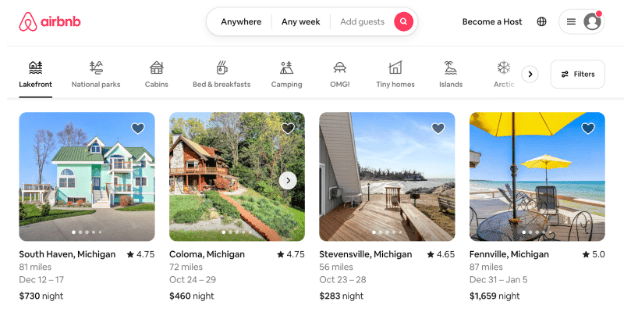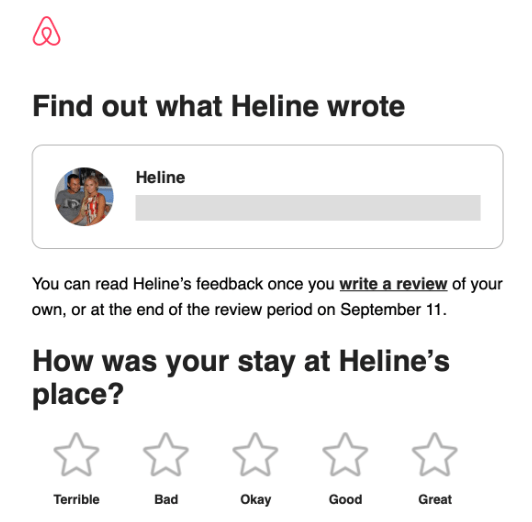Founded in 2008 by three college schoolmates, AirBnB has changed the world of travel by providing travellers with cheaper short-term alternatives to hotels and property owners with extra income streams from renting out spare rooms and houses. As of March 2022, there are over 6 million active listings and over 1 billion guest arrivals on the platform. Not bad for a company that started with just 2 bookings!
Yet, AirBnB’s business model has been controversial with its negative impacts on local housing markets, particularly in areas with limited housing supply. Nor does AirBnB seem to brighten the overall economic prospects of an area. A 2019 study by the Economic Policy Institute found the exact opposite to be true, with AirBnB exacting more in economic costs from local communities than the profits it brings. In recent years, some travellers have also been the victims of serious crimes on properties rented through Airbnb.
These costs and issues should not be discounted, and Airbnb has been rolling out measures to address some of them. From enforcing a global party ban to rolling out a portal to help local governments enforce responsible house sharing, the company has taken some steps toward addressing these problems. This iterative approach to improving user experiences makes them a useful case study in Agile methods and project management, particularly when they pivoted effectively during and after the pandemic to meet evolving user needs. Here are four takeaways from AirBnB’s responses to change during an unprecedented time.




